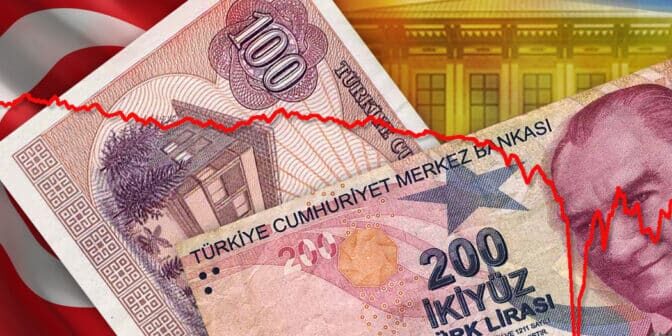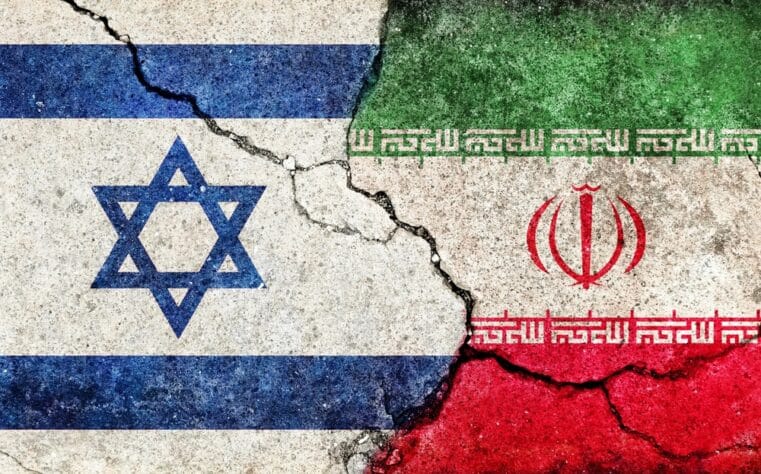
Turkish Lira Flash Crash: Is a Wider Conspiracy About to Unfold?
Most of you are aware that the Turkish Lira went into a tailspin when President Erdogan’s declared himself “Sultan for Life,” subsequently urging his citizens to convert foreign currency to Lira and gold in order to support the national currency.
The consequences were not favorable as you can see in the chart below:
Meanwhile, gold imports surged:
The problem is that foreign currencies comprise 70% of all Turkish bank deposits. And the Turks, having been burned by the Lira for decades due to its numerous devaluations, are clear about one thing: the Turkish Lira is a junk currency.
More interestingly, Turkey’s turn to gold coincides with an uptick in the oil-for-gold trade in nations including the UAE and Iran, and China, Russia, and other BRIC nations.
Turkey’s gold imports are up a staggering $2.8 BILLION from last year’s $354 million.
If this tells us anything, it’s that gold is once again playing a critical role in today’s geopolitical maneuvers. That’s, to say the least.
More importantly, it highlights a strategic partnership, the forming of a Gold Cartel comprising China, Russia, Iran, and Turkey.
In an attempt to circumvent and eventually dethrone the US dollar, these nations are working toward the development of a gold-based payment system.
The reason for the increase in gold imports is obvious: they need lots of gold to support it.
The reasons for their actions are also quite obvious: As China and Turkey are looking to get out from under the dollar’s hegemonic rule, Russia and Iran are looking to circumvent US sanctions.
When a nation (even more so for a “rogue” nation like Iran or even, say North Korea) can no longer use the SWIFT international payment system, it can still purchase goods using gold.
Unlike digital money, gold isn’t traceable nor is it subject to an electronic “freeze.” All they have to do is to physically transport it.
Now that the US has pulled out of the Iran nuclear deal, it’s likely that Iran will once again be locked out of the SWIFT system. But Iran does a lot of trade with both China and Russia; hence the need for a gold payment system.
Here’s how the big picture is unfolding:
- Russia is building a Bushehr 2 nuclear power plant in Iran.
- China is building a $55 Billion pipeline for Russia.
- Iran sells oil to China.
- Turkey has significant trading relations with China, Russia, and Iran.
So, in addition to the regular import-export agreements between the four countries, Iran owes money to Russia for the power plant, Russia owes money to China for the pipeline, China owes money to Iran for oil, and Turkey trades with all three.
Do we see a messy Rial-Ruble-Yuan-Lira trade?
Or do we see a more efficient gold trade?
These four partners have been collaboratively developing a system to settle trades apart from SWIFT; a way to bypass US sanctions; a means to evade US monitoring and interdiction.
Their efforts may increase demand in the gold market as the yellow metal provides the most convenient solution for each partner to preserve wealth, transact goods, and bypass the US dollar.
But think about this maneuver in light of the emerging oil-gold-petroyuan trade with Saudi Arabia. Once these nations (and others) begin trading either with gold or gold-backed currencies, bypassing the dollar, can you see the outline of an emerging gold standard?
And if so, what do you think is going to happen to the US Dollar?














